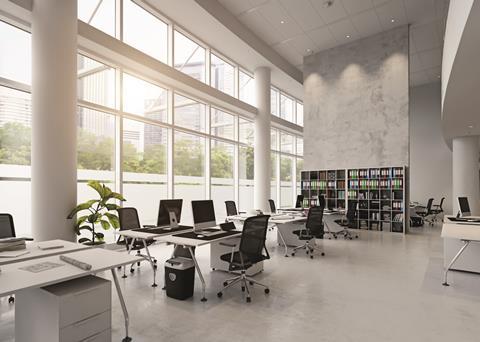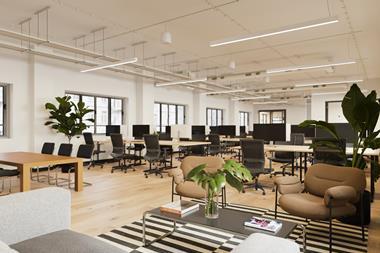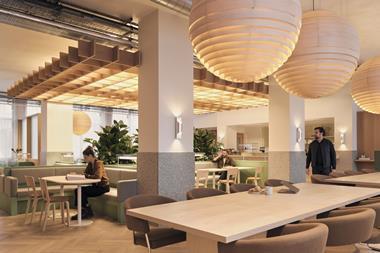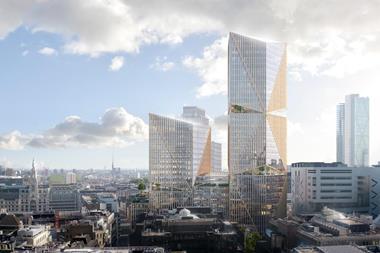There is one very obvious way in which offices have changed since the outbreak of Covid-19: in London, many of them are empty.

Most businesses do not buy much more office space than they used to as space is expensive, meaning that in the average office, even if governments had not imposed lockdowns, social distancing would have been difficult.
But that does not mean people are seriously planning to do away with the office. The return to offices comes with some creative reconfigurations. We are seeing the rearrangement of chairs and tables, the installation of plexiglass, inventive planning (so that meeting rooms do not become over-full), the introduction of bubbles and buddy systems and much more besides.
The inability of people to commute to an office has only thrown into sharp relief the value of the office, even if it has also prompted discussions about what an office should be. People are more aware than ever of the virtues of physical space: they are realising that an office helps to generate what we call ‘culture’ in business by bringing people together who might otherwise never have met.
When communication is only ever virtual, culture can decay, bringing about a corresponding loss in productivity, togetherness and professional satisfaction. No one is under any illusions that a face-to-face conversation over Zoom is comparable to a conversation had in person. It can be extraordinarily useful and the right choice in certain circumstances. But it is undeniably different to an in-person chat.

This presents business leaders with a puzzle. Solving that puzzle means defining the role of the office in light of the needs of their businesses, deciding when and why their team members should be in the office and redesigning the physical space accordingly.
This will depend on the industry and the role. Those in coding jobs may be more inclined to stay at home most of the time, or be more productive working from home, as their jobs demand intense focus and are often (but not always) solitary; they may have meetings, but these may take place internally.
But some creatives – marketing and design professionals and product managers, for example – like to bounce ideas off others, and may find they get more done in an environment they share with others. And then there are personality distinctions, which are important to respect and do not always correspond to roles. Outgoing people, for instance, take their energy from others, while more anxious people may find spending a lot of time in an office after months at home a hard adjustment.
Despite the difficulties we are facing now, we may have reason to be optimistic
Offices will transform in other ways, too. Their evolution will reflect the changes in our lifestyles that have taken place this year. Even before Covid-19, progressive businesses were creating space for communal dining and for young children in order to accommodate working parents. We can predict that the line dividing the personal and professional will continue to blur, as office and building managers find increasingly creative ways to use space to give their colleagues, employees or tenants the experience of work and leisure in one place.
This is not about trying to make an office so ‘homely’ that people spend more time there; rather, it is about smoothing the move from home to office and vice versa, and accommodating those with certain needs. It is about understanding that the notion of the ‘working day’ has become more nebulous. But it is also about understanding something that many business leaders have come to learn over the past few months: there are many ways to get a job done and everyone is different. Trust people to manage themselves and their time by creating a more accommodating space in which they can work, and they might get much more done.
These changes were taking place before the virus struck. They were part of a wider reconsideration – now that technology gives us more ways to do certain things – about how to find a harmonious balance between work and life. For some, the scales were tilting more towards work than towards life.
If that is true, then despite the difficulties we are facing now, we may have reason to be optimistic. We may be able to take this opportunity to rethink the office space so that it becomes more functional and more comfortable, allowing teams to work in a way that suits them, and get better work done as a result.
Jade Francine is co-founder and COO of WeMaintain






























No comments yet